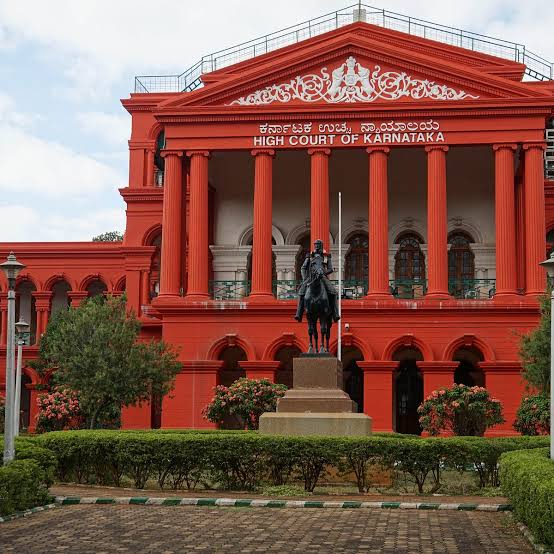


The Karnataka High Court on Monday questioned how those defying the ban on manual scavenging are ultimately able to get away with little or no action against them.A bench of Chief Justice PB Varale and Justice Krishna S Dixit remarked that it was a travesty of justice that persons defying the ban are often not convicted at the end of trial, possibly because the cases are not handled with all due seriousness by the police and the government's lawyers."What action you have taken against the lawyers, your Public Prosecutors? We will have conviction for very insignificant matters. But when it comes to this, where is the action? What action you have taken against the concerned substandard public prosecutors? How is it 'zero conviction?'... Why no conviction? What is the remedy? Where is that action?... What a travesty of justice. We are not on compensation. Why not even a single conviction? What is your framework? How are you (government) going to do this? Makers of the Constitution will shiver in their graves with the things we are doing," Justice Dixit said.
The Court made the oral observation while hearing a suo motu case registered on concerns that the manual scavenging continues to prevail unchecked despite a 2013 Act specifically banning the practice.The bench further expressed anguish over how the High Court is forced to step in to ensure that action is taken when it comes to such larger issues."Why for everything, court should do? That is not the object of establishing the writ courts. And when we do, you say it is overstepping of judiciary ... Why should there be a direction from our side? Why is it not coming from your side?" Justice Dixit asked.He added that unless a government official is hauled up for the State's lapses, nothing would improve."Unless some secretary is imprisoned, nothing will improve in our State," the judge commented.The Court today also took serious note of the concern that the Scheduled Caste and Scheduled Tribes (Prevention of Atrocities) Act, 1989 (SC/ST Act) is not often invoked in criminal cases registered against the engagement of manual scavengers even though there is provision specifically penalising the engagement of SC/ST persons for such practices.This aspect was highlighted by amicus curiae Sridhar Prabhu who asserted that the SC/ST Act must be invoked in order to hold errant persons accountable.The Court observed that this Act, particularly Section 3 (j), was not invoked in a recent criminal case lodged over the deaths of certain persons in a manual scavenging incident in December 2023 either.The bench asked the concerned authorities to address this aspect with respect to the 2023 case.Meanwhile, Prabhu also argued that the government must not only focus its efforts on the rehabilitation of those engaged for manual scavenging but also look into the introduction of technology to replace manual scavenging.Advocate General Shashi Kiran Shetty today assured the Court that the State government is in the process of securing such technology in a phased manner for both urban and rural areas.The Court, in response, requested the State government to prioritise such efforts and show its strong will in the matter instead of adopting a mechanical approach or following a usual practice of "red tape-ism in the government administration."The matter will be heard next on January 30 when both the Central and State governments are expected to file a detailed and comprehensive response on the issue.A pending writ petition raising concerns over children being made to clean school toilets has also been clubbed with the suo motu case.
TAGS: Karnataka High Court Convictions Constitution Police